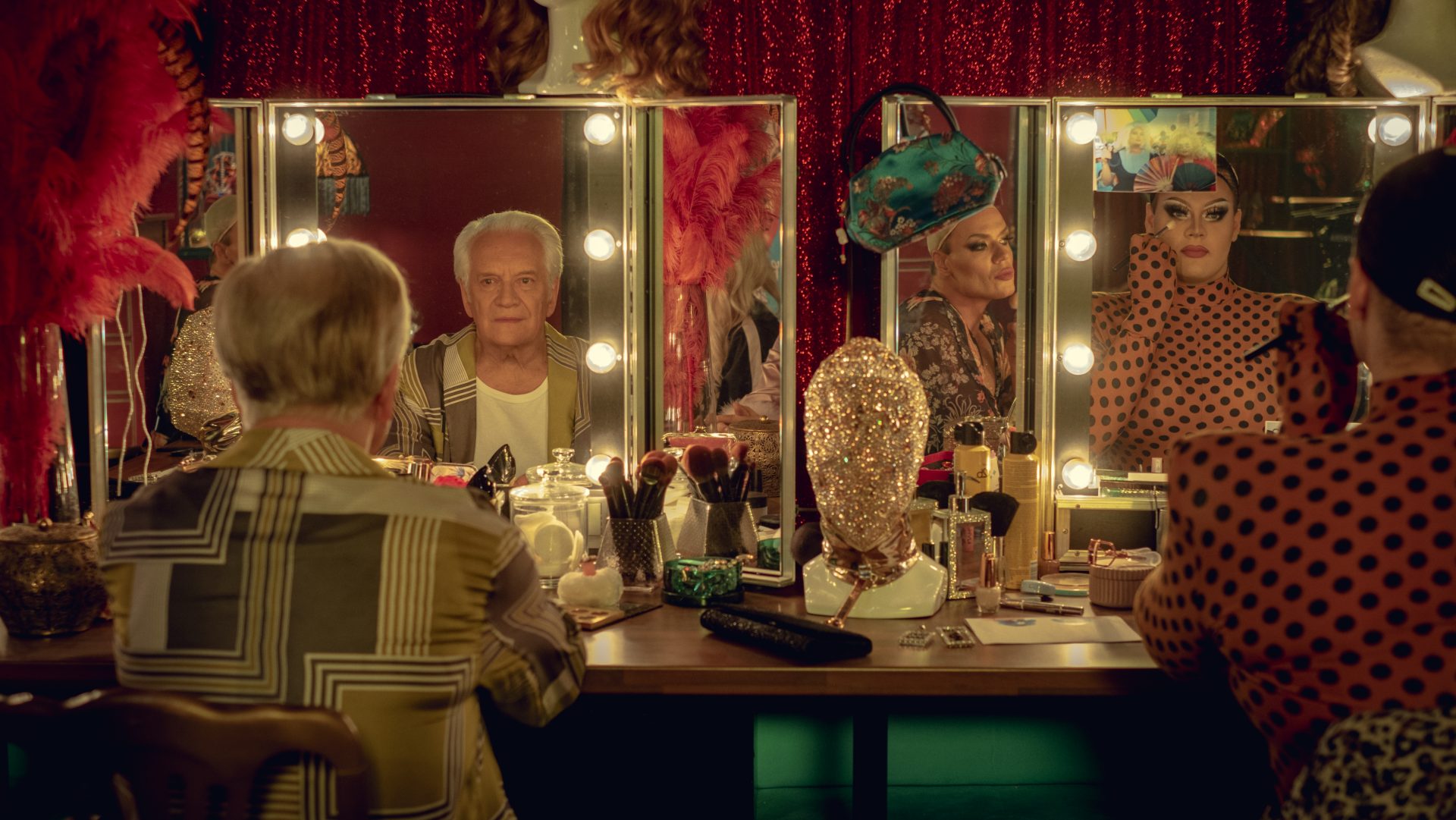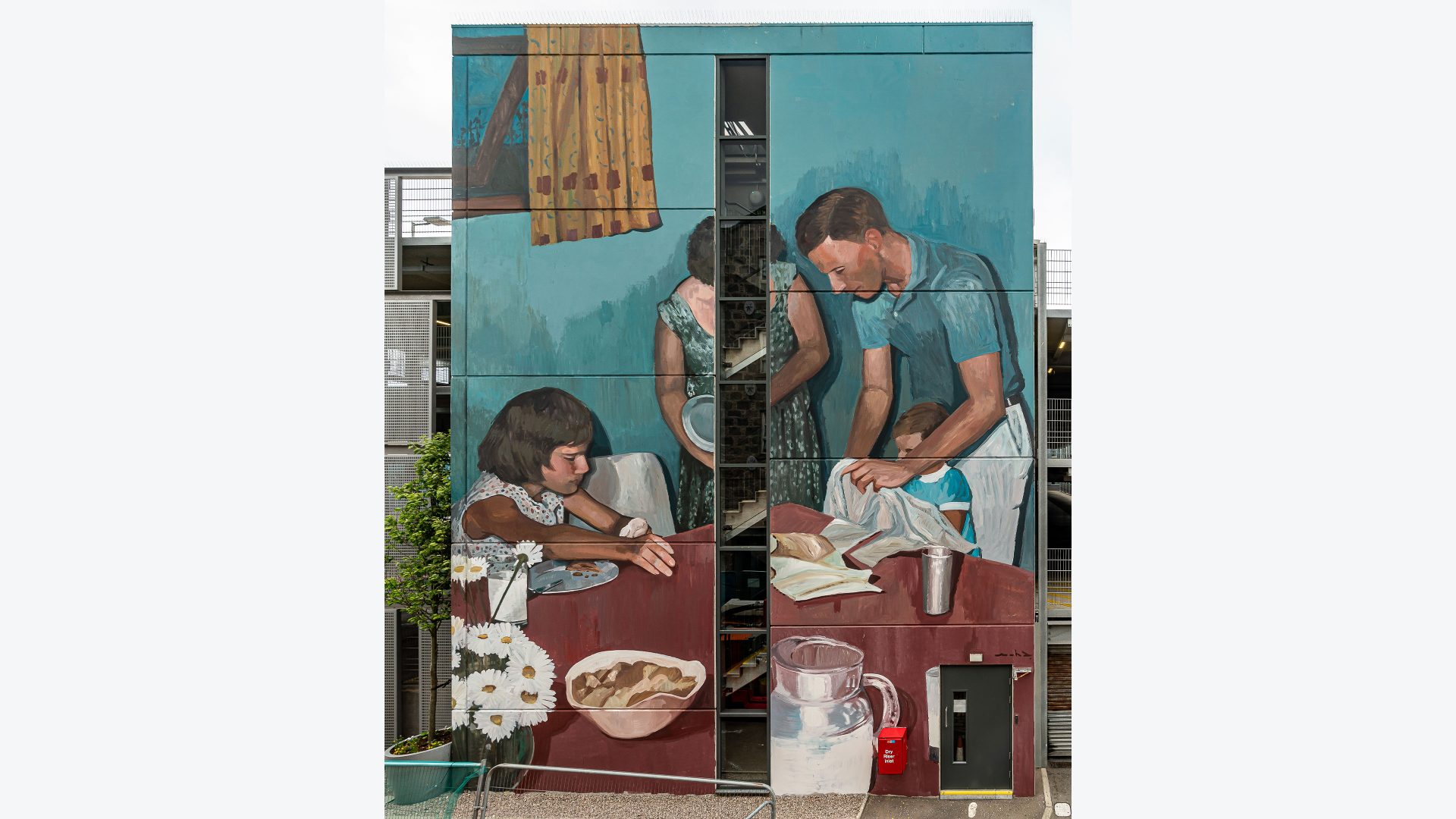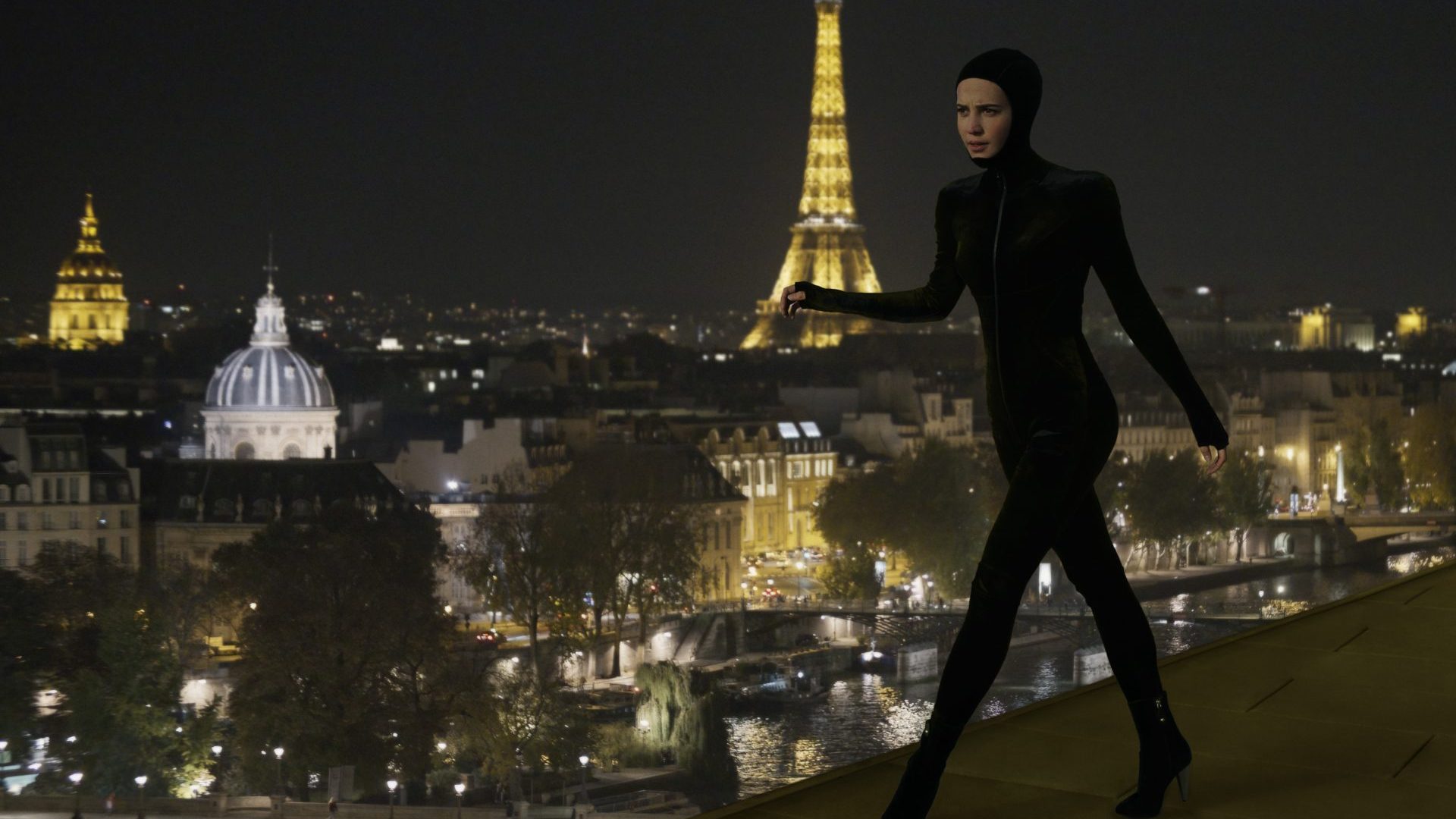When it comes to matters of social progress – of oppression and discrimination and acceptance – sometimes it’s easy to forget just how quickly things change. It’s something that has been on my mind for the past few years as I witness the cultural perception of feminism warp in several different directions.
In just the space of my sentient lifetime, I have seen it go from being viewed as an irrelevant fusty old embarrassment when the “ladette” culture was in its ascendancy in the 1990s, to being revived on an enormous but often superficial basis with accompanying T-shirts, Beyoncé light shows and well-heeled private members’ clubs. Now, it seems to have come back around again to being viewed as hopelessly passé, derided or ignored by culturally relevant young people, tainted by its associations with transphobia and the ruling classes.
None of this back and forth or shifting perception is all that surprising when you see feminism as a cultural trend, but what makes the whole spectacle so disturbing to me is that it omits the place of the organising daily grind, the blood-and-guts grit that made it a necessary force in the first place – it’s easy to forget that we women not so long ago were legally barely human, and that the problems caused by that withdrawal of humanity are still rife. Some of us have the luxury of seeing feminism as an aesthetic rather than a principle, but regardless of how dated its image, its root reasons for being have not changed or gone.
I thought of this dynamic too while watching Queen, a four-part Polish and French series about Sylvestre (Andrzej Seweryn) a retired renowned tailor who doubles as a legendary Paris drag queen. Sylvestre is in his 70s and has been out for decades, having fled his native Poland to seek a new life for himself. He lives a life of enviable refinement, floating through the grand halls of his apartment in fine silk robes, and he is ready to retire to the French Riviera.
His plans are disrupted when a letter arrives from Poland, from a granddaughter he wasn’t aware he had. It tells him that her mum, Wiola, Sylvestre’s daughter, is very ill and needs him to donate a kidney. Suddenly the priorities and self-dependence that have come to define Sylvestre’s adult life are in question. His oldest and best friend, Corentin, also a drag queen, counsels him that he must pursue this connection and not ignore the chance to revive a relationship with family before it’s too late, as he himself would love to do if it were only possible. Sylvestre returns to his mining village in Poland, where he must confront not only his abandoned, angry daughter but also the painful context that compelled him to leave in the first place.
The central tension is compelling and fruitful, that of a gay man who is not so much proudly out but by this time thoughtlessly so – having spent decades being lauded among an adoring like-minded community – going somewhere where he must hide again as he did in his youth. The wealth he has accumulated acts to separate him from the class he grew up among in more ways than one; he has materially transcended those limitations, but also his class status acts to usually protect him from having to interact with people who may not accept him as a gay man. These strange, sudden new circumstances change all that and submerge him back into the world. It is not quite coming out again, but it is a reckoning with cultures other than his own which he quite reasonably had to exclude himself from as a young man in order to survive.
I was, coincidentally, in Poland the weekend before I began to watch Queen, and went to a gathering and parade for Warsaw Pride. As with feminism, the visible and commonly celebrated form of LGBTQ pride garners justified critiques from those of us living in places that feel like safe enough spaces to do so from within. Is it irredeemably ruined by corporate sponsorship, is it too focused on respectability and too phobic of actual queer sex? In Warsaw, those questions are beginning to arise but overwhelmingly the simple event of people gathering is still so new and tentative and moving that I saw people cry just at the sight of sheer numbers, of the visible confirmation they are not alone.
Queen is, despite its sometimes grave subject matter, essentially light Sunday afternoon fare. It isn’t realistic, glossing over as surface level or comedic the moments of cultural discord inevitable between poverty-stricken miners and a wealthy camp gay man who offers them help. It’s got some soap-opera plotlines but at its heart it’s a quiet enough, character-driven, not especially political piece of work.
Its conclusion, as Sylvestre readies himself to nervously unveil his drag alter ego, Loretta, on live Polish television, suggests something akin to a justification for its own existence, that sometimes it’s meaningful just to be seen, political quibbles aside.
Queen is streaming now on Netflix




